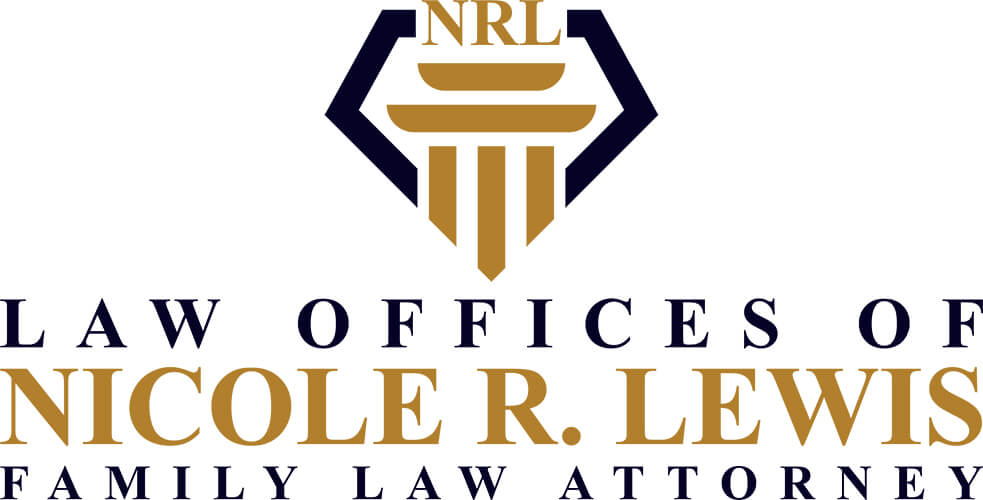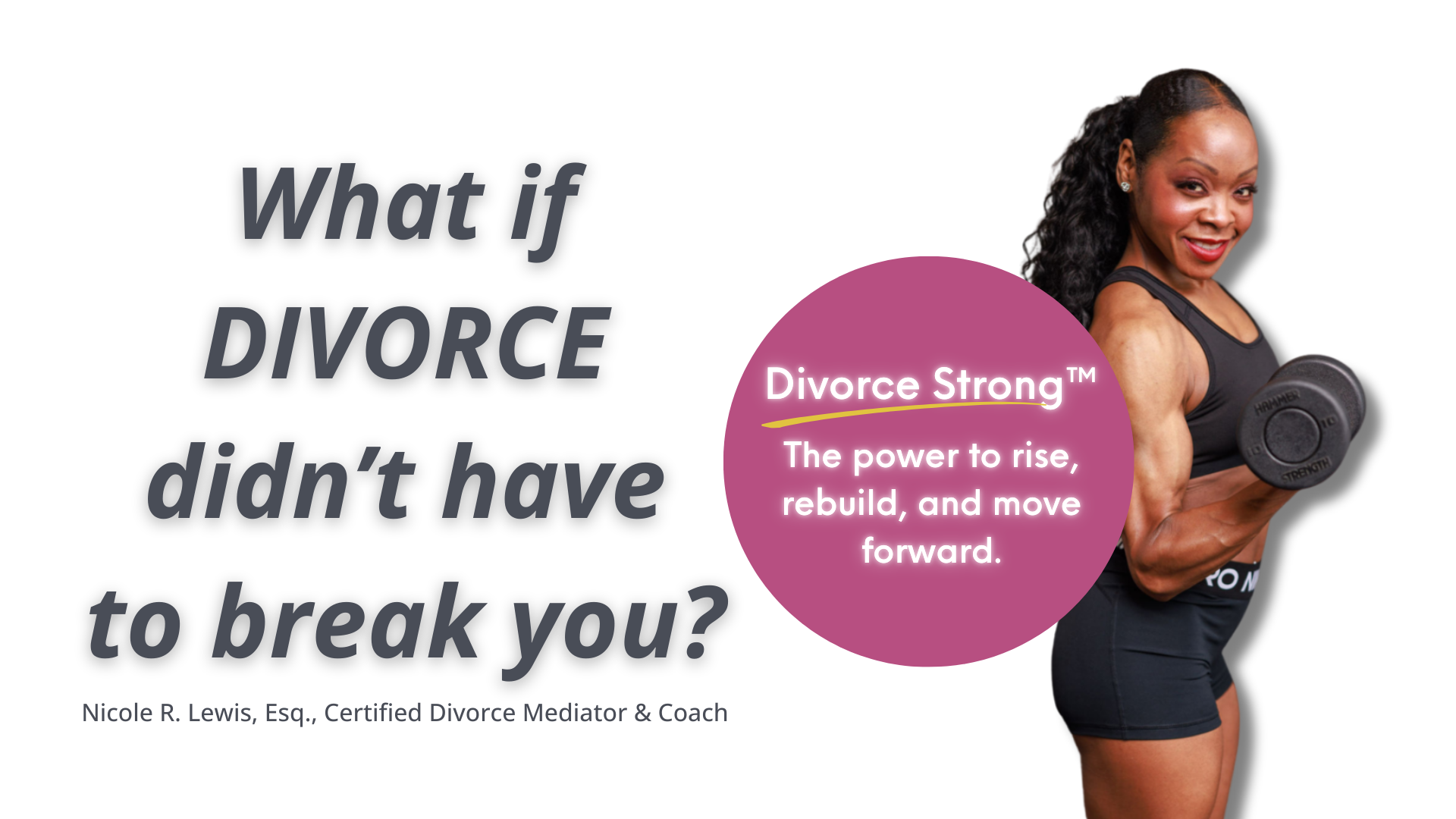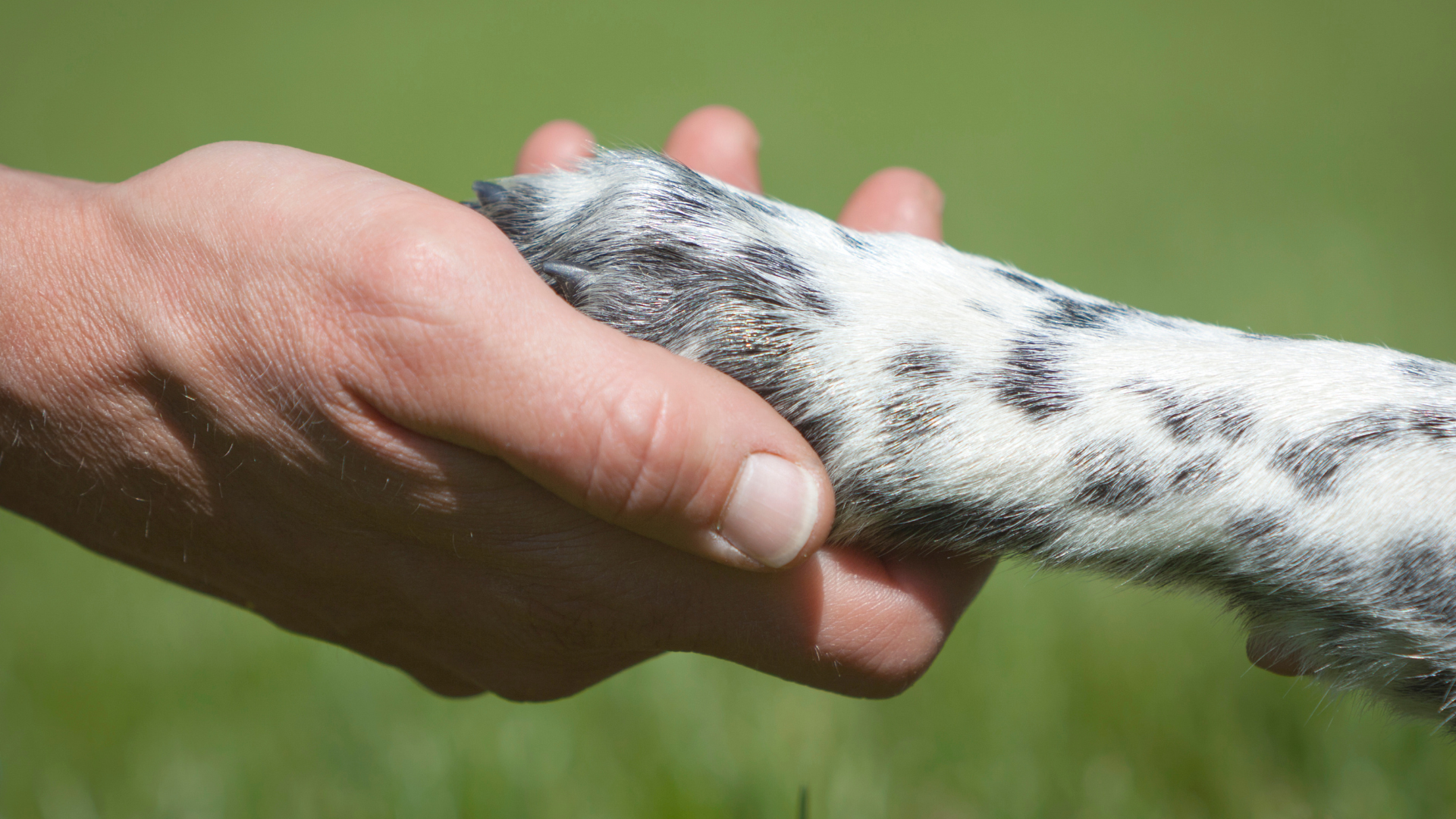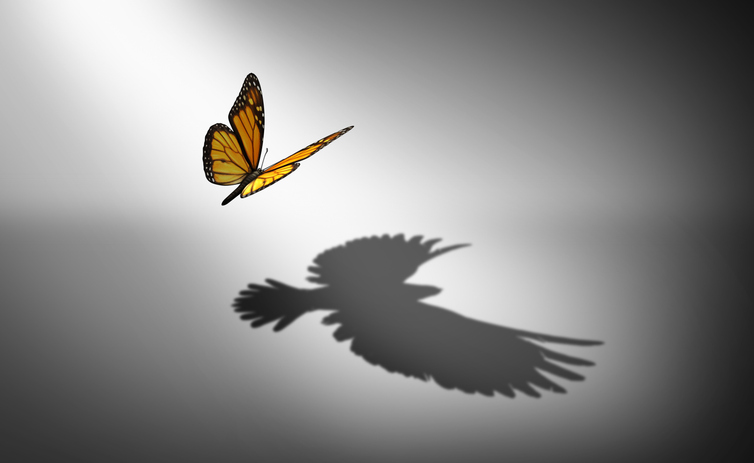There are moments in life when we catch our reflection and don’t quite recognize the person looking back.
Maybe it’s the exhaustion behind the eyes. Maybe it’s the silence where there used to be joy. Or maybe it’s something deeper—the sense that the person in the mirror is no longer connected to who you thought you were.
For many, divorce is one of those moments.
As a divorce professional, I’ve sat across from individuals and couples navigating one of the most intimate and transformational transitions of their lives. What I’ve witnessed again and again isn’t just the unraveling of a relationship—it’s the unraveling of identity. And yet, just as often, what follows is the slow, powerful process of reclaiming it.
This blog isn’t about how to “bounce back.” It’s about rebuilding forward—with grace, intention, and dignity.
Losing Your Reflection
When a relationship ends—especially one that shaped your daily rhythm, your future plans, and your sense of security—it’s natural to feel disoriented. That’s not a sign of weakness. It’s a sign that something meaningful is shifting.
For many people, especially those who have been in long-term marriages or who’ve dedicated years to shared goals, the end of the relationship can create a vacuum. Roles that once defined your day—spouse, partner, caregiver, provider—suddenly shift or vanish. Even the routines you shared, from meal planning to shared hobbies, may fade. And with that comes the question: Who am I now?
It’s a question worth sitting with.
The Mirror as a Metaphor
The mirror is often used in our culture as a symbol of vanity or appearance. But in divorce, it becomes something much more profound. It becomes a symbol of recognition.
The person you see during divorce might appear hardened by pain or softened by sorrow. You might notice the toll stress has taken—dark circles, tension lines, or a dullness in your expression. Or perhaps you’ve started doing the opposite—over-functioning, diving into distractions, trying to keep it all together without stopping to breathe.
None of these reactions are wrong. But they are worth noticing.
Because the mirror doesn’t lie. It reflects the physical evidence of emotional labor. And with time and intention, it can also reflect something else: your strength.
Rediscovering Who You Are (and Who You’re Becoming)
When I work with clients in mediation, one of the most powerful shifts happens when someone starts to reconnect with themselves—not through the lens of the past, but through the possibility of the future.
That moment might come in a mediation session when someone speaks their truth clearly for the first time. Or when they calmly set a boundary. Or when they express grief without apology. These are all quiet, courageous acts of identity.
You don’t need to reinvent yourself entirely after divorce. You only need to return to the parts of you that may have been neglected—and let them breathe again.
Some clients rediscover passions they had put on hold. Others reconnect with their physical body, their creativity, or their voice. Many begin to see themselves with a kind of clarity that was hard to access while navigating a difficult relationship.
And no, it doesn’t happen overnight. It rarely happens in a straight line. But it does happen.
The Role of Wellness in the Process (Without the Pressure)
You don’t have to run a marathon or become a yoga guru to engage in wellness after divorce. In fact, pushing yourself to do more just to distract from pain often leads to burnout. What I advocate instead is simple:
Let your body be a part of your healing.
Whether that’s walking, stretching, dancing in the living room, or just breathing with intention—movement helps you reconnect. It reminds you that you are alive. That you are not broken. That you are capable of choosing again—your thoughts, your focus, your rhythm.
You don’t need to fix your body. But you can come back to it. And sometimes, that reconnection helps shift the way you see yourself—inside and out.
Dignity Is Not Just for the Divorce—It’s for the Rebuild
The name “Divorce With Dignity” reflects more than a process—it reflects a belief.
It’s the belief that you can go through something incredibly hard without losing yourself. That you can make decisions rooted in your values, not your pain. And that the way you treat yourself during the process matters just as much as how others treat you.
Dignity is choosing not to shame yourself for grieving.
Dignity is saying no when peace demands it.
Dignity is looking in the mirror—even when it’s hard—and deciding that your story isn’t over.
A Quiet Revolution
One of the most overlooked parts of divorce is how quietly revolutionary it can be.
You’re rewriting your days. You’re shifting your mindset. You’re doing the deep work of choosing who you want to be going forward. And whether or not the world applauds, you know that it’s a brave thing to do.
When clients tell me they’re scared of being alone, I understand. But what I also see—so clearly—is how capable they are of building something new. Not immediately. Not perfectly. But authentically.
And that’s what real strength looks like.
If You’re in the Mirror Moment Right Now…
You’re not alone.
You might not recognize yourself today—but that doesn’t mean you’ve lost yourself. It may mean that the version of you emerging is still forming.
Give her time. Give him grace. Let that reflection shift without rushing it into something more polished or put together.
You deserve to feel at home in your skin. You deserve to recognize the person staring back—not as a shadow of who you were, but as the evolving, healing, resilient version of who you’re becoming.
And when you’re ready, you don’t have to face it all alone.





